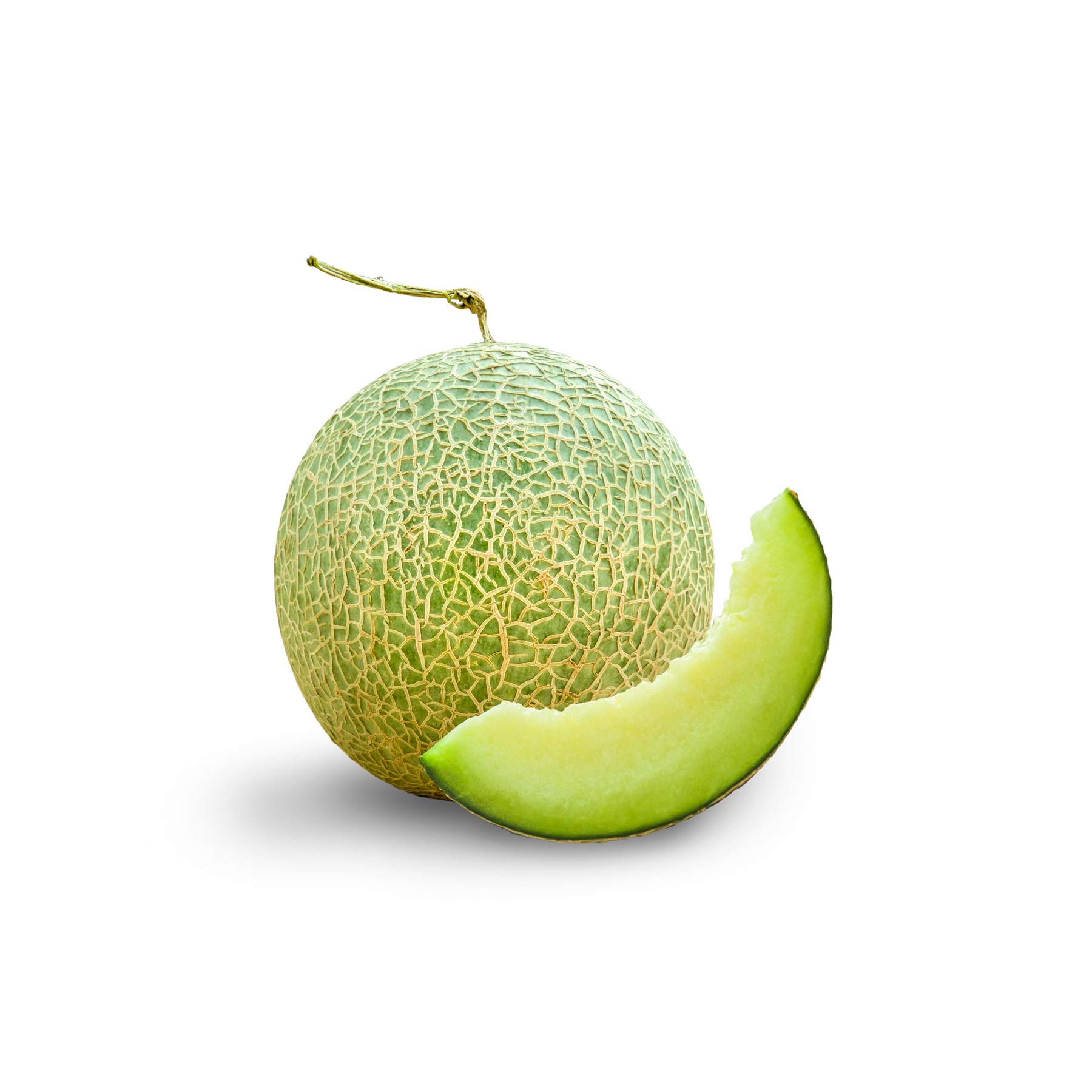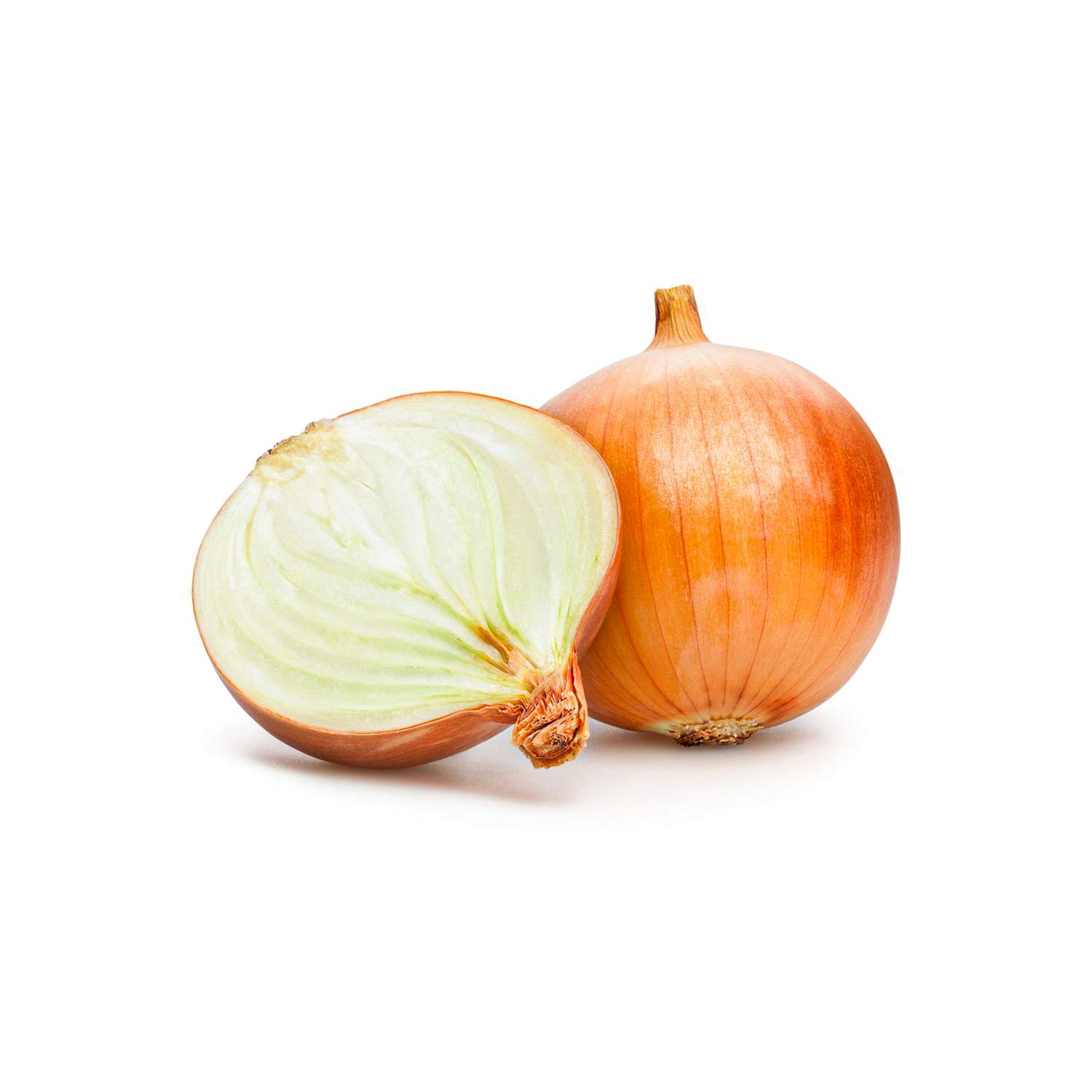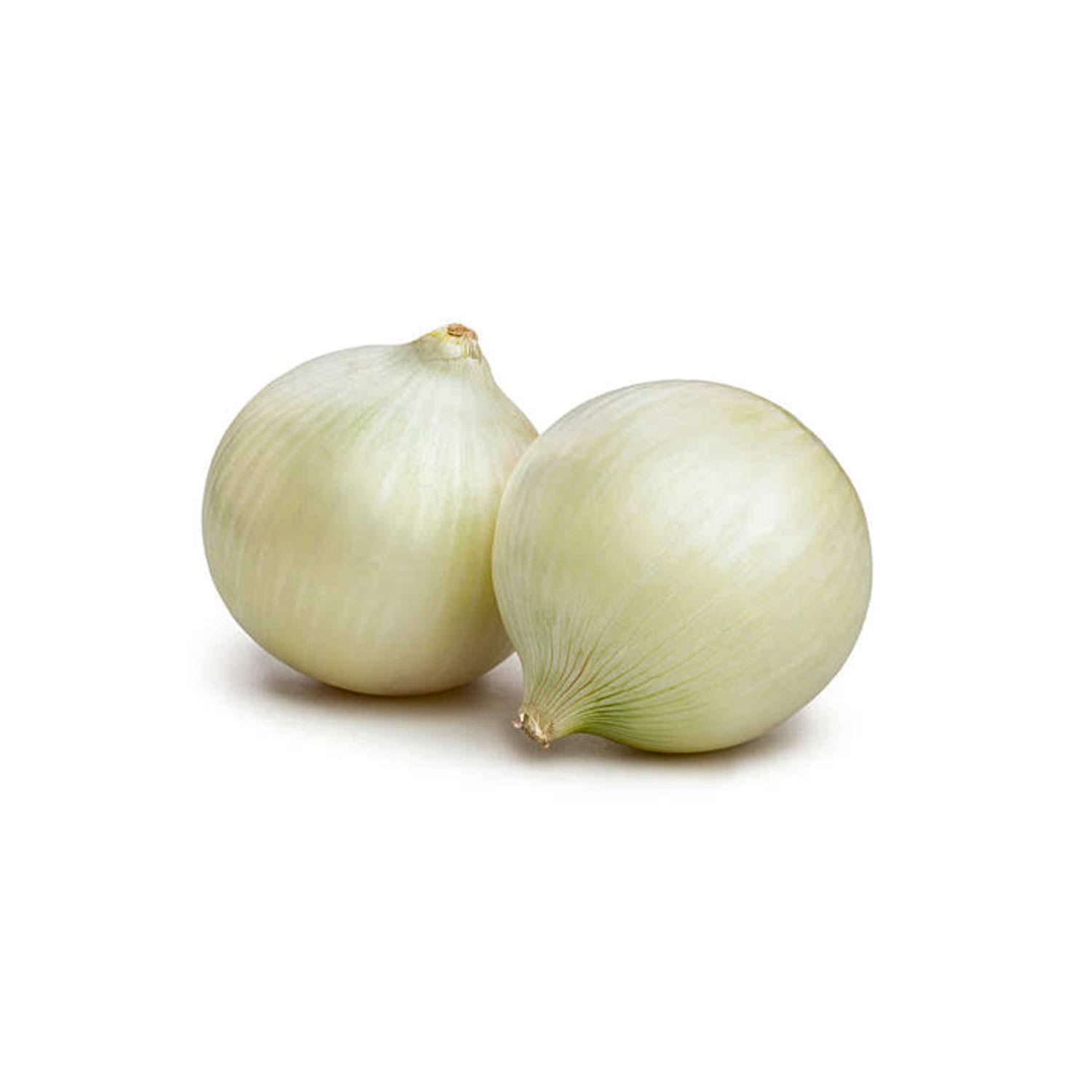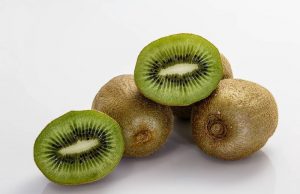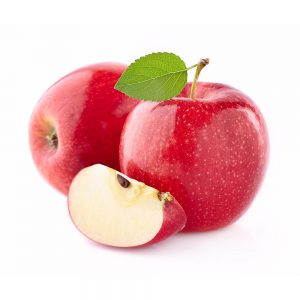The Juicy and Nutritious Melon
Why Choose Cantaloupe?
Cantaloupe, also known as muskmelon, is a delicious and hydrating fruit that’s perfect for warm weather. With its sweet flavor and juicy texture, this orange-fleshed melon is a popular choice for fruit salads, smoothies, and as a refreshing snack. Not only does cantaloupe taste great, but it also boasts a variety of health benefits, making it an excellent addition to your diet. This guide will explore the nutritional benefits, culinary uses, and tips for selecting and storing cantaloupe.



Nutritional Benefits of Cantaloupe
1. Rich in Vitamins and Minerals
Cantaloupe is an excellent source of essential vitamins and minerals, particularly vitamin A and vitamin C. A single cup of cantaloupe provides about 100% of the recommended daily intake of vitamin A, which is vital for eye health, skin health, and immune function. Vitamin C, another key nutrient in cantaloup, supports immune health, promotes collagen production, and aids in iron absorption.
2. Hydration Benefits
With a water content of approximately 90%, cantaloup is one of the most hydrating fruits you can consume. Staying hydrated is essential for overall health, especially during the hot summer months. Incorporating cantaloup into your diet can help you meet your hydration needs while enjoying a sweet treat.
3. Low in Calories and High in Fiber
Cantaloupe is low in calories, with only about 50 calories per cup, making it an ideal choice for those looking to maintain or lose weight. It is also a good source of dietary fiber, which aids digestion and promotes feelings of fullness. The fiber content in cantaloup can help regulate blood sugar levels and support overall digestive health.
Culinary Uses of Cantaloupe
1. Fresh and Flavorful Snacks
Cantaloupe can be enjoyed fresh, either on its own or paired with other fruits. Simply cut the melon into cubes or wedges for a quick and healthy snack. For added flavor, consider sprinkling it with a little lime juice or enjoying it with a sprinkle of chili powder for a unique twist.
2. In Salads and Smoothies
Cantaloupe adds a delightful sweetness to salads and smoothies. Toss cantaloup cubes into green salads for a refreshing contrast to savory ingredients, or blend it into smoothies for a creamy, hydrating drink. Combining cantaloup with yogurt or other fruits creates a delicious and nutritious breakfast or snack option.
3. Cooking and Grilling
Cantaloupe can also be used in cooking and grilling. Grilled cantaloup brings out its natural sweetness and adds a smoky flavor that pairs well with savory dishes. Try grilling cantaloup slices and serving them alongside grilled meats or incorporating them into salsas for a fresh twist.
Choosing and Storing Cantaloupe
1. Selecting the Perfect Cantaloupe
When choosing cantaloup, look for a fruit that is firm, symmetrical, and has a slightly soft spot at the stem end. The skin should have a netted texture and a golden or creamy color, indicating ripeness. Avoid cantaloups with bruises, cracks, or overly soft spots, as these may be signs of overripeness.
2. Proper Storage Techniques
Cantaloupe can be stored at room temperature until it ripens. Once ripe, it should be kept in the refrigerator to extend its shelf life. Cut cantaloup should be stored in an airtight container in the fridge and consumed within three to four days for the best flavor and quality.
3. Using Cantaloupe in Recipes
Cantaloup is a versatile fruit that can be used in a variety of recipes, from salads and smoothies to desserts and savory dishes. Experiment with different flavor combinations to find your favorite ways to enjoy this delicious melon.

